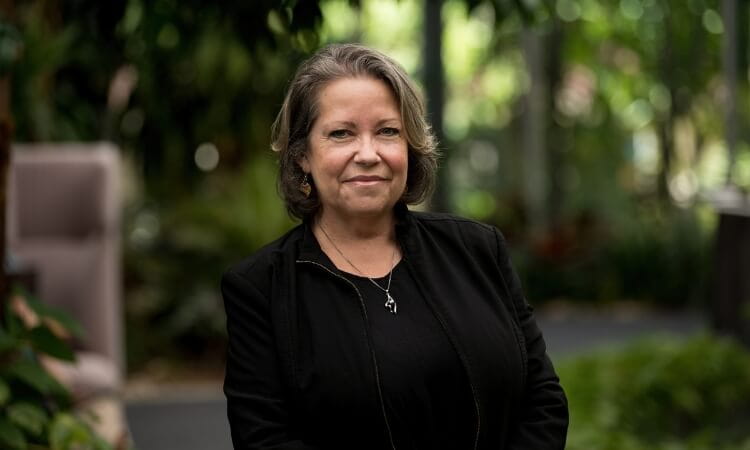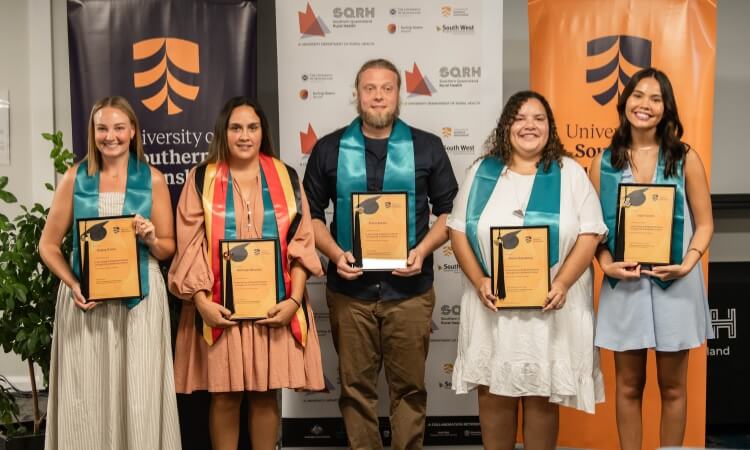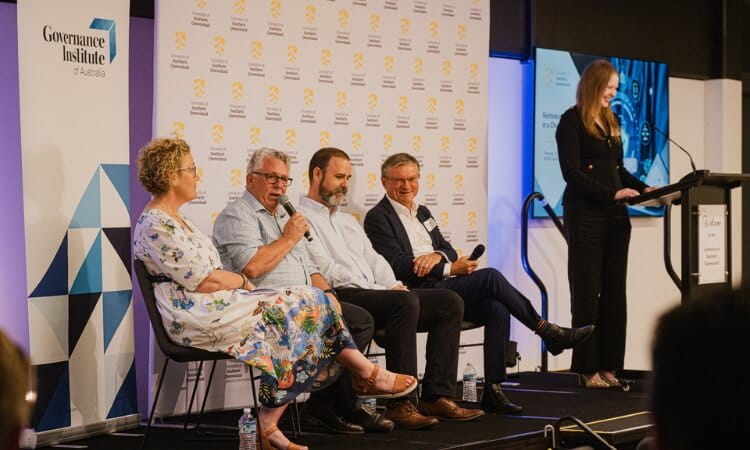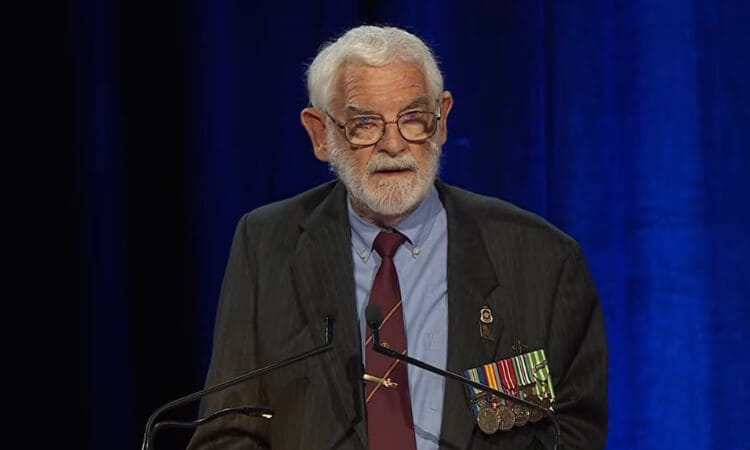Walking together: First Nations vision for UniSQ

Professor Linda Deravin steps into the role of Pro Vice-Chancellor (First Nations) at the University of Southern Queensland (UniSQ), bringing visionary leadership and a steadfast commitment to advancing First Nations engagement and excellence.
A proud Wiradjuri woman, Professor Deravin has built her career across health, education, and academic leadership, guided by a lifelong commitment to equity and cultural respect.
“The role of Pro Vice-Chancellor First Nations at UniSQ represents an opportunity to elevate and embed First Nations perspectives, leadership, and knowledge systems across the University in a way that is authentic, respectful, and transformative,” she said.
“It allows me to bring together my academic leadership, research expertise, and cultural understanding to influence meaningful change.”
Strengthening cultural capability
Professor Deravin will work closely with academic leaders and First Nations educators to ensure that UniSQ’s teaching is inclusive and reflective of the diversity of First Nations histories and cultures.
“I aim to foster environments where First Nations peoples feel respected, valued, and safe by strengthening cultural capability across the University through professional development, policy review, and community engagement,” she said.
Her priorities include improving pathways for First Nations students from recruitment to graduation, increasing First Nations representation at all levels, and deepening community partnerships that are guided by respect and reciprocity.
A continual journey
In research, Professor Deravin has focused on strengthening First Nations-led and community-informed projects that use Indigenous methodologies and ethical frameworks.
Encouraging interdisciplinary collaboration and mentoring emerging First Nations researchers, she believes, will help ensure research delivers tangible benefits.
Equally important is engagement. “I’m committed to building and sustaining genuine relationships with First Nations communities, ensuring they are not just consulted but actively involved in shaping the University’s direction,” she said.
Looking ahead
Professor Deravin hopes to expand education pathways for First Nations students and those from rural and remote regions.
“I aim to expand pathways that attract, support, and retain First Nations students,” she said.
“This includes enhancing flexible learning options, embedding culturally safe practices, and ensuring our graduates are well-prepared for the future workforce.”
The next generation
Professor Deravin is optimistic about the future of First Nations peoples in higher education.
She sees universities increasingly recognising the value of First Nations knowledge, culture and leadership, and creating more opportunities for representation and success.
“The strength and resilience of First Nations communities, combined with the rising number of First Nations scholars and professionals, signals a future where First Nations voices shape policy, research, and practice,” she said.
That vision extends well beyond the campus. “As partnerships become more reciprocal, and as institutions embrace co-design, we will see outcomes that reflect the aspirations of First Nations peoples,” she said.
For Professor Linda Deravin, leadership is about integrity, listening, and shared purpose.
“I see it as a chance to walk alongside communities, listen deeply, and lead with integrity,” she said.


